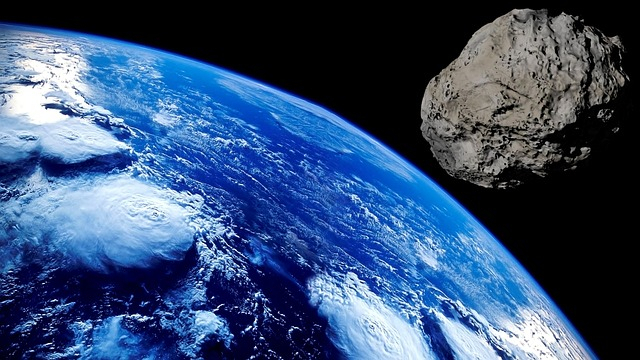
NASA, the United States space agency is quickly gearing up to launch its asteroid-detecting space camera to save humanity during times of apocalyptic events triggered by rogue space bodies. Experts at NASA believe that this near-earth object camera (NeoCam) will keep an eye on all asteroids and rogue space bodies that head for catastrophic collisions with the earth.
"I don't lose sleep over the risk of an undiscovered asteroid impacting the Earth because the chances are small, but they are not zero. We have the capability, the adult responsibility, to simply know what's out there. And NEOCam is basically ready to go," said Professor Richard Binzel, a planetary scientist at Massachusetts Institute of Technology, Interesting Engineering reports.
It should be noted that NASA has already cataloged all the near-Earth asteroids larger than 0.6 miles (1 km) across, and a law was also recently passed demanding the United States space agency to spot 90 percent of all asteroids near the earth that has a diameter of 460 feet and more by 2020. Even though NASA has already spotted more than 8,000 such objects, several experts believe that the space agency will miss the deadline, as there will be many more rogue objects that may go unnoticed.
A few months back, it has been reported that NASA is all set to test its planetary defense weapon. The mission, named 'Double Asteroid Redirection Test' is expected to launch within the next couple of years, and is widely considered a major stepping stone for NASA's Planetary Defense Coordination Office. Initially, the weapon will be launched at the Didymos asteroid and will try to deviate from its original trajectory.
It was also reported that NASA has plans to nuke asteroids if the trajectory deflection method fails to work out. However, several experts believe that nuking asteroids will bring more catastrophe than benefits. As per these experts, nuking asteroids will create a cover of debris on the earth's atmosphere, and the planet may even starve from getting adequate sunlight to sustain life.









